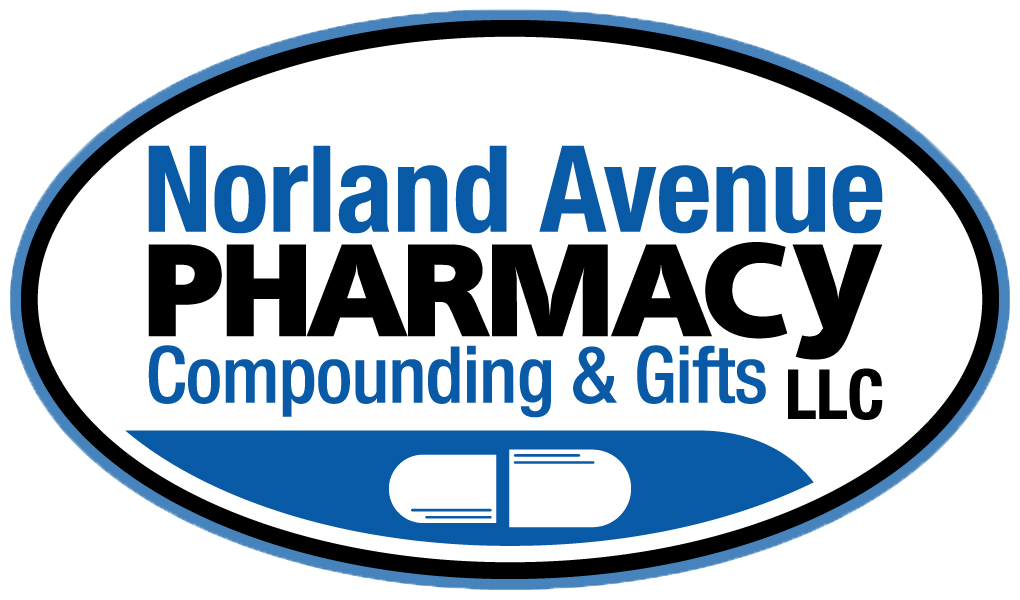Our Top 6 Supplement Choice
- Norland Avenue Pharmacy
- Jun 23, 2023
- 3 min read
Updated: Jul 17, 2024
If you’ve been in contact with our pharmacy for a while, you have probably heard of our Top 5 Vitamins & Supplements (Vitamin D, CoQ10, Multivitamin, Fish Oil, & Probiotic). Dr. Wayne Myers recommends these five products for pretty much everyone. When asked what the number six recommendation would be, Wayne always says, “Magnesium.”
Because of how important and over-looked magnesium is, this will be the focus this month. Magnesium is involved in over 300 enzymatic reactions in the body and found in all bones and tissues. People with magnesium deficiency are twice as likely to die from a cardiovascular event, and almost 70% of Americans consume less than the required amount.
Magnesium is non-toxic (through a quality source) and is known as the relaxation mineral, because it relaxes everything. Magnesium has been shown to maximize heart health by decreasing blood vessel constriction, improving muscle strength and endurance, relaxing electrical impulses, encouraging calmness, maintaining the normal rhythm of your heart, metabolizing fats and carbohydrates for energy production, and increasing HDL (good) cholesterol.
Causes of magnesium deficiency include stress, food processing, artificial fertilizers, excess alcohol, caffeine and sugar intake, and drug induced depletions. Many medications deplete magnesium in your body including omeprazole and diuretics. What many people do not realize is that standard blood tests are not the best assessment for magnesium deficiency and many of the common magnesium supplements on the market have a very low bioavailability including magnesium oxide and magnesium chloride.
Common issues where magnesium can be of benefit include anxiety, neck and back pain or spasm, depression, fatigue, insomnia, irritability, memory loss, muscle cramps, soreness or twitches, restless legs, and others.
The average person should consume about 300 mg daily, although there are many indications where you could go higher looking at reasons for depletions above. If you have severe heart or kidney disease you should speak to your doctor first.
Our recommendation for supplementation is through food and the supplement magnesium glycinate which has shown to have the highest bioavailability. Some of the most magnesium dense foods are green and sea vegetables and nuts (spinach, kelp, almonds, cashews, brazil nuts, dulse, hazelnuts). There is a possible side-effect of too much magnesium. It can produce a laxative effect. This is why we recommend supplementing with magnesium glycinate versus the other forms of magnesium available.
Here is feedback from a patient who started on magnesium:

"I wanted to let you know that your advice about using magnesium glycinate to help alleviate my restless leg problem and my insomnia has been like a miracle cure!
I have used a variety of products to help me sleep, including lorazepam and pramipexole. I quit taking them a little over two weeks ago when I started using the magnesium glycinate. From the first night, I have not had any problems with either of my ‘conditions.’ I am seeping really well and the aching in my calf muscles is gone too!”
If you are ready to start a magnesium supplement, we suggest Healthy Living Solutions’ Magnesium Glycinate 400mg (90ct, $16.90). As always, stop by or call if you have any questions.
*These statements are culmination of the knowledge and experience of the team at Norland Pharmacy. The information provided here is for informational purposes only. Please consult your healthcare provider with questions concerning any medical condition or treatment. Compounded medications are not reviewed by the FDA for safety or efficacy. These statements have not been evaluated by the Food and Drug Administration, and this product is not intended to diagnose, treat, cure or prevent any disease.




Comments